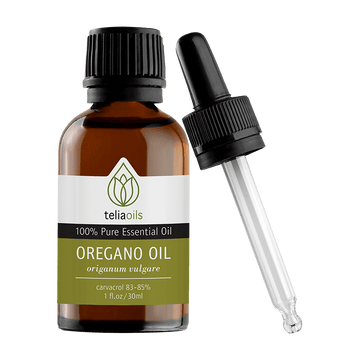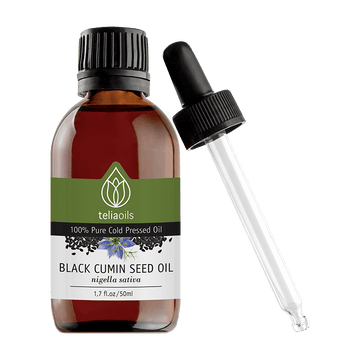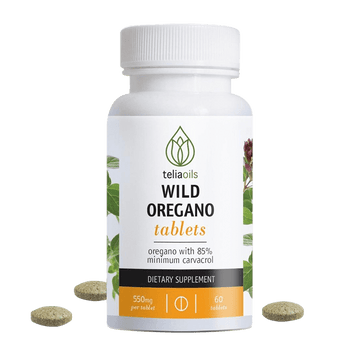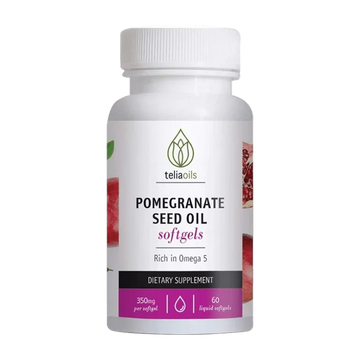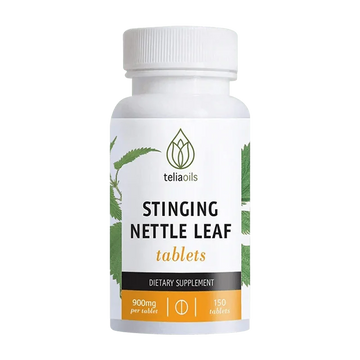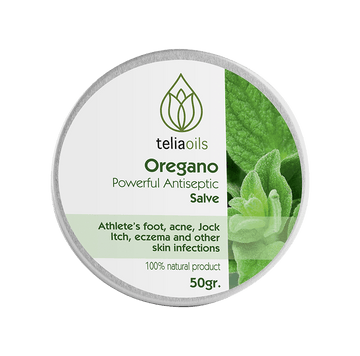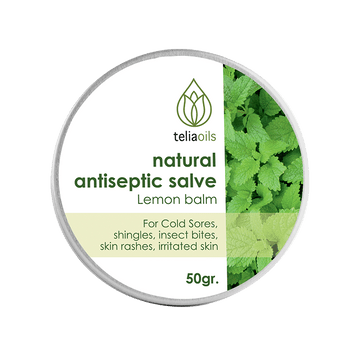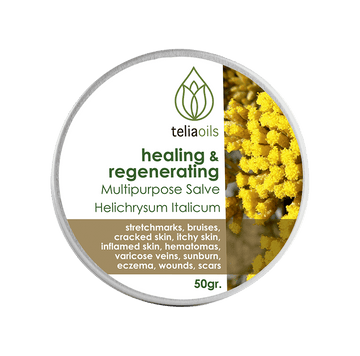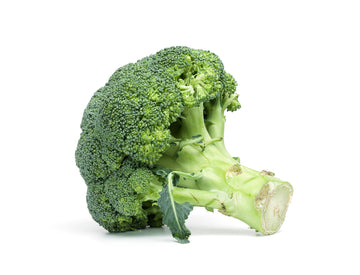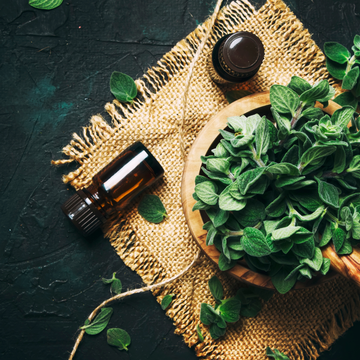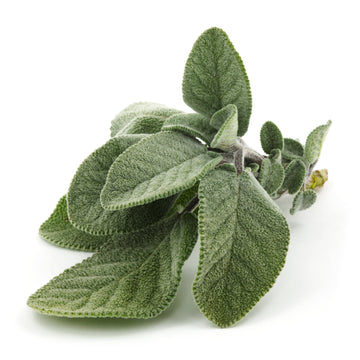What Foods Cause Scalp Inflammation? Uncover the Dietary Culprits!
by Dimitris Zikos on Dec 20, 2024
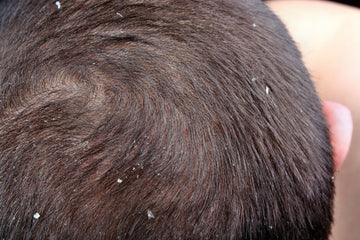
Scalp inflammation can be uncomfortable and frustrating, causing symptoms like itching, redness, and flaking. While various factors can contribute to scalp inflammation, your diet may play a more significant role than you realize. In this article, we'll delve into some common food culprits that could be triggering scalp inflammation and offer suggestions for a more scalp-friendly diet.
Top Foods That May Cause Scalp Inflammation
While individual reactions to specific foods can vary, here are some common dietary triggers for scalp inflammation:
- Refined Sugars and Processed Carbohydrates
Refined sugars and processed carbohydrates can cause spikes in blood sugar levels, leading to increased insulin production. This, in turn, can trigger inflammation in the body, including the scalp. Foods high in refined sugars and processed carbs include white bread, pastries, candy, and sugary beverages.
- Dairy Products
For some individuals, dairy products can trigger inflammation due to the presence of lactose or casein, two proteins found in milk. Additionally, dairy products may cause hormonal imbalances, which can exacerbate inflammation.
- Alcohol
Alcohol consumption can lead to dehydration and impair the liver's ability to flush toxins from the body. As a result, this may trigger inflammation throughout the body, including the scalp.
- Trans Fats
Trans fats, found in many processed and fried foods, can contribute to inflammation. These unhealthy fats can increase the production of inflammatory compounds in the body, leading to discomfort in various areas, including the scalp.
- Gluten
For individuals with gluten sensitivities or celiac disease, consuming gluten can cause an inflammatory response in the body. Found in wheat, barley, and rye, gluten is a common ingredient in many breads, cereals, and pasta products.
Tips for a Scalp-Friendly Diet
To help reduce scalp inflammation, consider incorporating the following dietary changes:
- Opt for Whole Grains
Replace refined carbohydrates with whole grains, such as brown rice, quinoa, and whole wheat bread. Whole grains have a lower glycemic index, reducing blood sugar spikes and subsequent inflammation.
- Choose Dairy Alternatives
If you suspect dairy is causing your scalp inflammation, try switching to plant-based milk alternatives, such as almond milk or oat milk. Additionally, consider consuming dairy-free cheese and yogurt substitutes.
- Limit Alcohol Consumption
To keep inflammation at bay, consider reducing your alcohol intake or eliminating it entirely. Instead, opt for hydrating beverages like water, herbal tea, or natural fruit juices.
- Consume Healthy Fats
Swap out trans fats for healthier fat sources, such as avocados, nuts, seeds, and olive oil. These healthy fats contain anti-inflammatory properties that can help alleviate scalp inflammation.
- Experiment with a Gluten-Free Diet
If you suspect gluten is contributing to your scalp inflammation, try eliminating gluten-containing foods from your diet for a few weeks to see if your symptoms improve.
- Use Natural Oil
Regular application of natural oil such as Tea Tree oil, renowned for its anti-fungal and anti-inflammatory properties or Rosemary oil also known for its ability to reduce redness and irritation. There are other multiple natural oils which can efficiently reduce scalp inflammation and issues associated with it; including Oat oil, Pumpkin oil, Jojoba Oil, Coconut Oil and many others that are waiting for you to explore.
In conclusion, certain foods can trigger scalp inflammation for some individuals. By paying attention to your diet and making conscious choices, you may be able to alleviate your scalp discomfort. It is essential to consult with a healthcare professional or a nutritionist before making significant dietary changes, especially if you have pre-existing health conditions or concerns.

